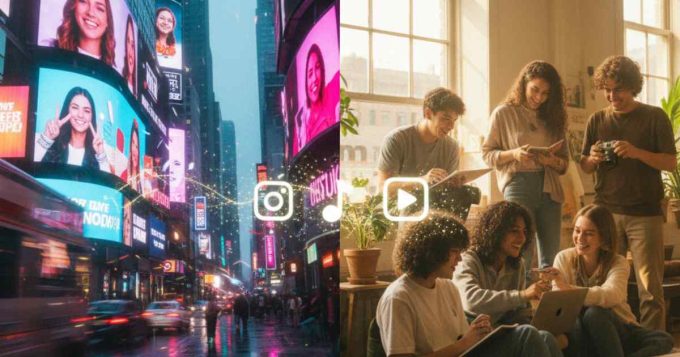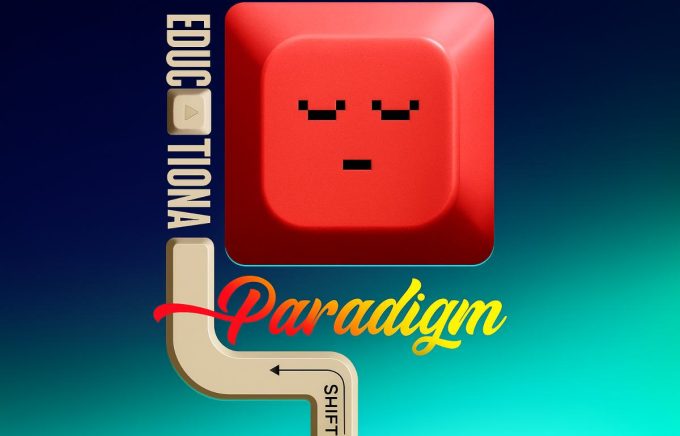Amidst the flood of trendy ‘Studio Ghibli-style’ AI-generated images taking over the internet. This trend is under fire and not for the reason you’d expect.
When a luxury brand like Prada finds its designs copied and sold on the streets of Turkey, the world calls them ‘knock-offs,’ ‘counterfeit,’ or just plain theft. But when OpenAI does it? Suddenly, it’s innovation. It’s art. It’s cool.
This entire movement reeks of double standards, especially considering that Hayao Miyazaki himself has made his dislike painfully clear. “I would never wish to incorporate this technology into my work at all. I strongly feel that this is an insult to life itself,” he said, as translated from a video. And yet, here we are, watching AI strip the soul from a style born of painstaking human artistry, all while the world applauds and posts their pictures in the form of art that was hand-drawn once upon a time.
Miyazaki dedicated his life to meticulously crafting a singular artistic identity, but not so AI could swoop in and reduce decades of his discipline and integrity to nothing more than a trend on social media for a couple of weeks.
The controversy surrounding AI-generated ‘Studio Ghibli-style’ images goes far beyond plagiarism. Users have raised an even more unsettling issue: personal photos swept into an unknown database, with millions of people willingly compromising their privacy, all because they clicked ‘accept.’ But if we freely give consent, can we really call it a breach?

Privacy Breach?
Proton, a platform specialising in data privacy and security, highlighted on X, “From the risks of data breaches, once you share personal photos with AI, you lose control over how they are used since those photos are then used to train AI. For instance, they could be used to generate content that may be defaming or used as harassment.”
Luiza Jarovsky, the co-founder of the AI, Tech & Privacy Academy, pointed out that users voluntarily uploading their images are permitting OpenAI to process them. “OpenAI’s privacy policy explicitly states that the company collects personal data input by users. It is used to train its AI models when users haven’t opted out,” she wrote on X.
A separate statement reassures users that the original images used to create these ‘Studio Ghibli’ adaptations cannot be uncovered. But as Luiza noted, OpenAI still gains free and unrestricted access to personal or private photos, just not in a way the public can see. These two are contradicting statements, if you think about it. Social media platforms and other AI companies will only interact with the ‘Ghiblified’ versions. Which might seem like a layer of protection. Yet, at its core, this is just a more polished way of saying, ‘we won’t look at them, we’ll just feed them to our robots.’
The ethical concerns around AI and privacy don’t just stem from discomfort and unease; they arise from real risks. The more data AI companies collect, the greater the chance of it falling into the wrong hands. Whether through hacking, leaks, or sheer negligence. And when that happens, the question won’t be whether we gave consent, it’ll be whether we ever really had a choice.










